Karachi, Pakistan's bustling metropolis, tackles waste management challenges through vibrant recycling centers located near Jinnah Avenue. These centers transform diverse materials like plastic, paper, glass, and metal into valuable resources, fostering a circular economy and promoting eco-consciousness among residents. Accessible recycling options along Jinnah Avenue educate the public on responsible waste disposal, reducing landfill waste and conserving natural resources. Karachi's successful recycling practices serve as a model for sustainable regions, encouraging local entrepreneurship and green job opportunities while decreasing the city's carbon footprint. Individual actions, such as proper waste sorting and community clean-up drives, support these initiatives for a cleaner, greener Karachi.
Karachi, Pakistan’s bustling metropolis, presents a unique challenge and opportunity when it comes to recycling. This article explores the city’s recycling ecosystem, with a particular focus on centers located near Jinnah Avenue. We’ll guide you through understanding local practices, identifying facilities, the services they offer, their environmental impact, and how individuals can contribute to efficient recycling in Karachi. Dive into this comprehensive overview to learn about transforming waste into resources in one of the world’s vibrant cities.
- Understanding Karachi's Recycling Ecosystem
- Locating Recycling Centers Along Jinnah Avenue
- Services and Materials Accepted at These Facilities
- The Environmental Impact of Karachi's Recycling Efforts
- How to Contribute to Efficient Recycling Practices in Karachi
Understanding Karachi's Recycling Ecosystem
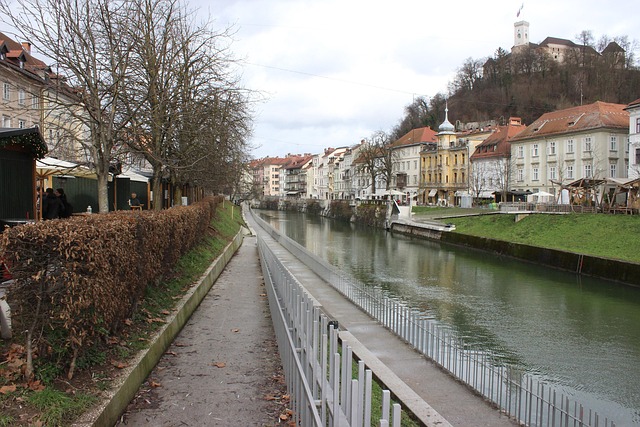
Karachi, as Pakistan’s vibrant metropolis, presents a unique challenge and opportunity in terms of its recycling ecosystem. The city’s diverse population and bustling industries generate a substantial amount of waste, making efficient recycling centers vital for environmental sustainability. These recycling centers near Jinnah Avenue play a crucial role in managing the region’s waste stream and transforming it into valuable resources.
The recycling process in Karachi involves various materials, from plastic and paper to glass and metal. Local centers collect, sort, and process these items, ensuring they are properly recycled or upcycled. This not only reduces the environmental impact of waste disposal but also creates a circular economy, where resources are conserved and reused. Understanding this intricate network of recycling centers is essential for fostering a more eco-conscious mindset among Karachi’s folks.
Locating Recycling Centers Along Jinnah Avenue

Jinnah Avenue, a bustling thoroughfare in the heart of Karachi, is home to numerous businesses and residents alike. Amidst this vibrant landscape, an essential aspect of sustainable living—recycling centers—has also made its presence known. These centers play a pivotal role in keeping the city clean and promoting eco-friendly practices.
In recent years, the number of recycling initiatives along Jinnah Avenue has increased, providing easy access to residents and businesses looking to dispose of recyclable materials responsibly. Whether you’re searching for plastic, paper, or metal recycling facilities, Karachi’s growing network ensures that such centers are within close proximity, making it convenient for all.
Services and Materials Accepted at These Facilities
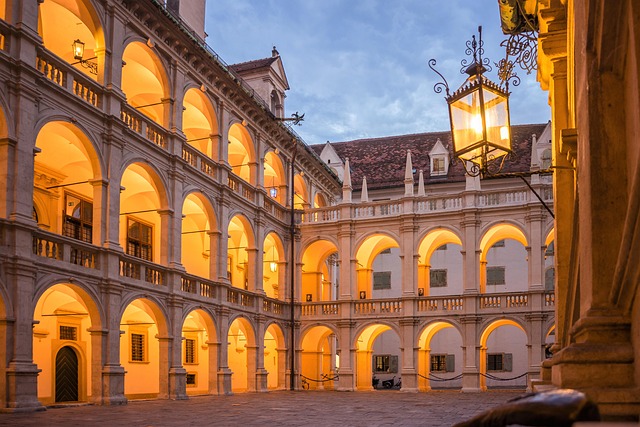
Recycling centers in Karachi, particularly those located near Jinnah Avenue, offer a wide range of services to encourage sustainable practices among residents. These facilities accept various materials for recycling, contributing significantly to waste reduction and resource conservation efforts in the city. Common items that can be recycled include paper products like newspapers, magazines, and cardboard boxes; plastic bottles, containers, and packaging; glass bottles and jars; and metal cans. Some centers may also take electronic waste (e-waste), such as old computers, phones, and batteries, providing an eco-friendly disposal method for these hazardous materials.
In addition to collection and processing, many recycling centers in Karachi educate the public on responsible waste management. They often host awareness campaigns, workshops, or interactive sessions to inform citizens about the importance of recycling, proper sorting techniques, and the environmental impact of their actions. By accepting a diverse array of recyclables and promoting eco-conscious behavior, these facilities play a pivotal role in shaping a greener future for the metropolis.
The Environmental Impact of Karachi's Recycling Efforts
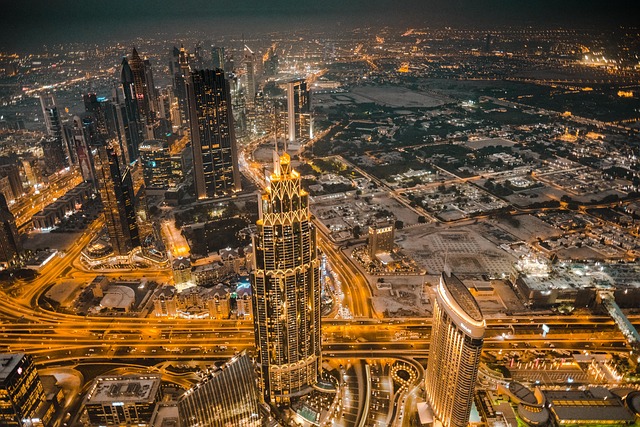
Karachi, as Pakistan’s vibrant metropolis, has been making strides in environmental sustainability through its recycling initiatives. The city’s recycling centers play a pivotal role in managing waste and reducing the environmental impact of rapid urban growth. These centers not only collect and sort recyclable materials but also contribute to creating a circular economy by diverting waste from landfills.
The efforts have had a noticeable effect on Karachi’s ecosystem, particularly in terms of reducing pollution and conserving natural resources. By recycling paper, plastic, glass, and metal, the city has significantly decreased its carbon footprint. Moreover, these centers facilitate the upcycling of materials, leading to the production of new goods, thereby fostering local entrepreneurship and creating green job opportunities. In light of these achievements, Karachi’s recycling efforts serve as a beacon for sustainable practices in the region.
How to Contribute to Efficient Recycling Practices in Karachi
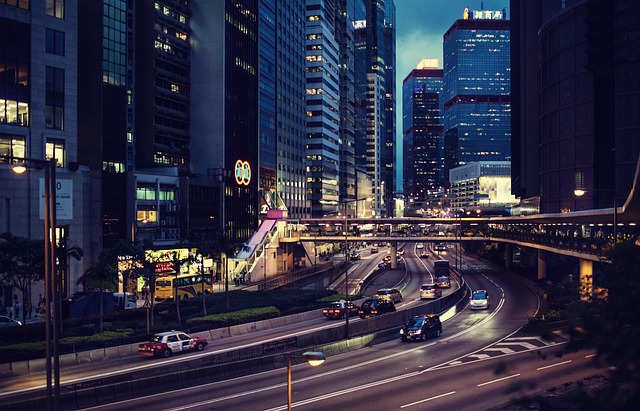
In Karachi, contributing to efficient recycling practices is a collective effort that begins with individual actions. Start by sorting your waste at home; separate plastics, papers, glass, and metals into designated bins. This simple step ensures that recyclable materials are directed towards recycling centers near Jinnah Avenue, like those in the nearby local communities or large-scale facilities. Educate yourself about what can be recycled and how to prepare items for recycling—rinsing containers, cleaning bottles, and ensuring materials are dry.
Encourage others in your neighborhood to adopt similar practices by organizing community clean-up drives and workshops on recycling. Promote the use of reusable bags and containers to reduce single-use plastic waste. Moreover, support local initiatives and businesses that prioritize sustainability. These collective actions will not only help in managing Karachi’s waste but also contribute to a cleaner and greener environment for all residents.
Karachi, as a bustling metropolis, is making strides towards a greener future through its recycling ecosystem. By understanding the location of recycling centers along Jinnah Avenue and the services they offer, residents can actively contribute to efficient practices. These facilities not only accept various materials but also significantly reduce waste, minimizing the environmental impact. Embracing these initiatives ensures a more sustainable Karachi for future generations.
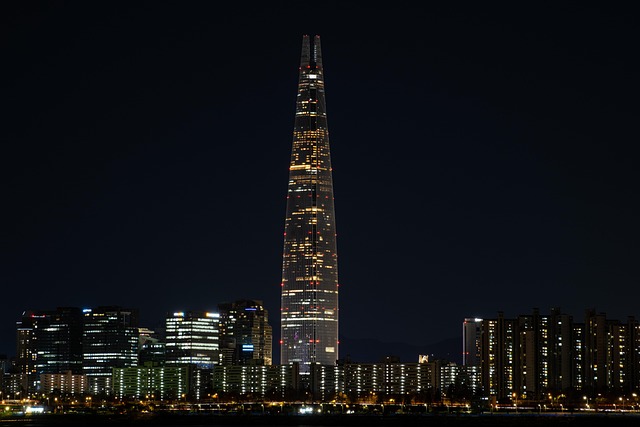
Leave a Reply
You must be logged in to post a comment.